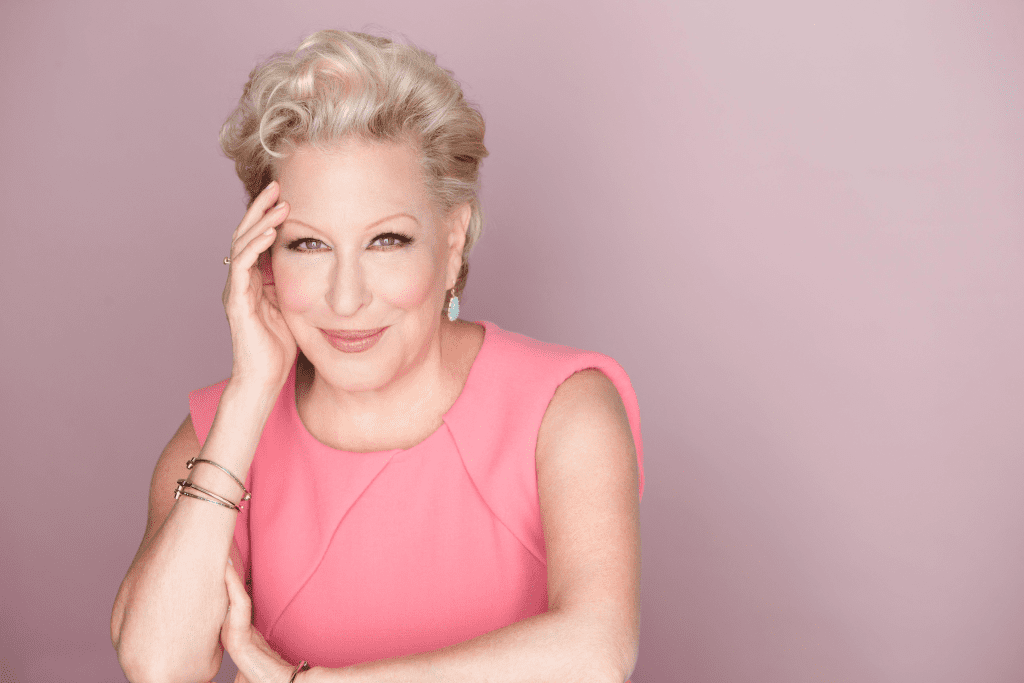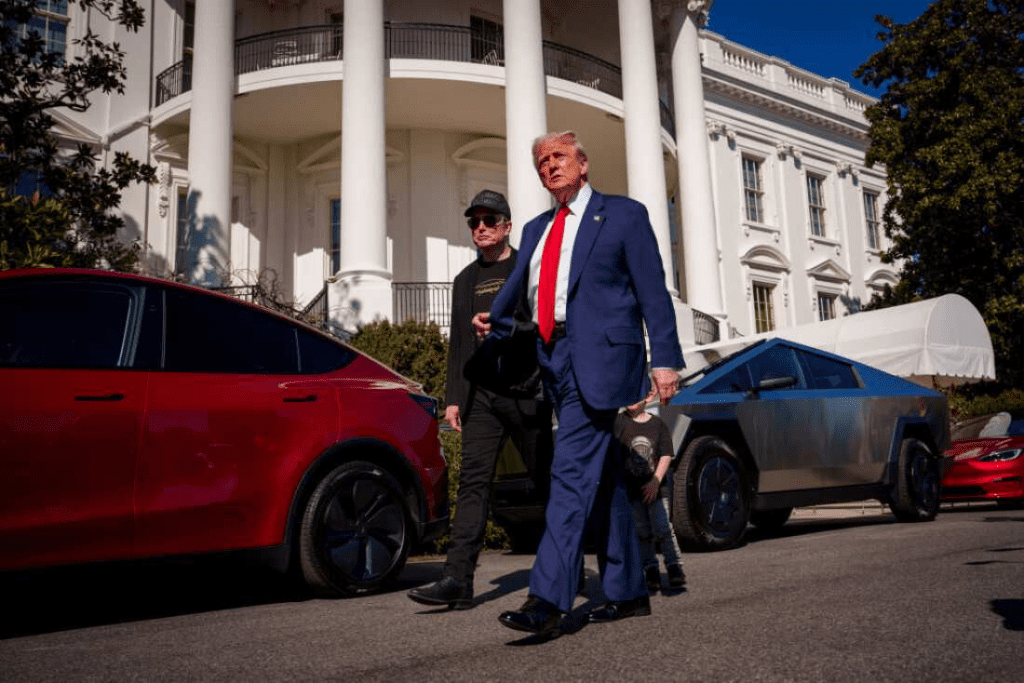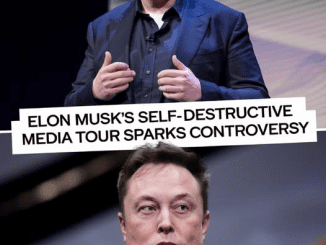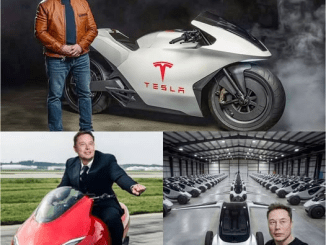
In today’s cultural climate—where symbols often carry more weight than specifications—Tesla has transitioned from a trailblazing electric vehicle to a lightning rod of political controversy. Once celebrated as a beacon of environmental consciousness and tech innovation, Tesla is now losing favor among influential figures, not because of its performance, but due to its association with its CEO, Elon Musk.
The shift is largely driven by Musk’s increasingly erratic behavior and vocal support for former President Donald Trump. His political alliances, including a massive donation to a pro-Trump PAC and involvement in the DOGE movement to reduce federal government influence, have alienated a growing number of Tesla’s once-loyal celebrity supporters.

A-list entertainers, politicians, and business leaders are now publicly parting ways with the brand. What was once a prestigious symbol of status and forward-thinking values is rapidly becoming a badge of ideological affiliation—one many no longer wish to wear.

Broadway and Hollywood legend Bette Midler perhaps made the most impassioned statement. In an April Instagram post, she jubilantly announced, “What a joyful day! I sold my (gulp) Tesla! No longer do I have to drive a symbol of racism, greed and ignorance!” Her declaration served as a rallying cry to other disillusioned Tesla owners.
Actor and podcast host Jason Bateman also took a firm stand. Speaking on his popular podcast “Smartless,” Bateman admitted that owning a Tesla felt akin to “driving around [with] a Trump sticker.” He’s since traded it in and voiced support for other EV options like the Hyundai Ioniq 5.

Musician Sheryl Crow made her own symbolic exit. In February, she posted a video bidding farewell to her Tesla, saying, “My parents always said… you are who you hang out with.” She took it further, donating the proceeds of her car’s sale to NPR—a network Musk has publicly criticized—turning her exit into a quiet act of protest.
Senator Mark Kelly of Arizona documented his final Tesla ride, sharing his disappointment that the car had come to represent political regression. A former admirer of its engineering, he described the vehicle as now feeling like a “rolling billboard” for a man he believes is undermining democratic institutions.

Venture capitalists Joanne and Fred Wilson, once admirers of Musk’s entrepreneurial daring, also cut ties. In a blog post, Joanne questioned whether it was Musk’s “awful” cyber truck design or his controversial politics that pushed them over the edge. “It’s a toss-up,” she wrote.
Even pop culture voices like podcast host Zach Sang have joined the chorus. Sang candidly stated, “People don’t like that I drive a Tesla, and I don’t like it either,” highlighting how the car’s social weight has become too burdensome to ignore.
The public fallout has even spawned a grassroots movement: the “Tesla Takedown.” These protests aren’t about the cars themselves but about what they now symbolize. At the center of the outrage is Musk’s use of his influence to push political agendas many view as extreme or anti-democratic.
However, amidst the celebrity exodus, Tesla found a high-profile defender: Donald Trump. In a highly publicized photo op, the former president was seen entering a Tesla Model S outside the White House, praising its futuristic design: “Everything’s computer!” Trump also announced plans to buy both a Model S and a Cybertruck, calling the attacks on Tesla dealerships “domestic terrorism.”
This unexpected endorsement repositions Tesla as a new kind of status symbol—no longer progressive, but proudly conservative. In this ideological shift, Tesla is less a car and more a cultural flashpoint—a symbol of identity in America’s ongoing political divide.

The implications are stark: Tesla ownership is no longer a neutral act. For some, it signals innovation and patriotism; for others, it’s a red flag of complicity. With Tesla’s stock down more than 50% from its December peak, and despite a temporary bump following Trump’s endorsement, Musk’s brand is bleeding cultural capital.
In a landscape once dominated by environmentalists and tech enthusiasts, the Tesla keychain now comes with a side of political baggage. From Bateman to Crow, Midler to Kelly, the exits are loud and purposeful. And as the protests mount, one man remains steadfast in the driver’s seat: Donald Trump.
In the grand theater of American symbolism, few acts speak louder.


